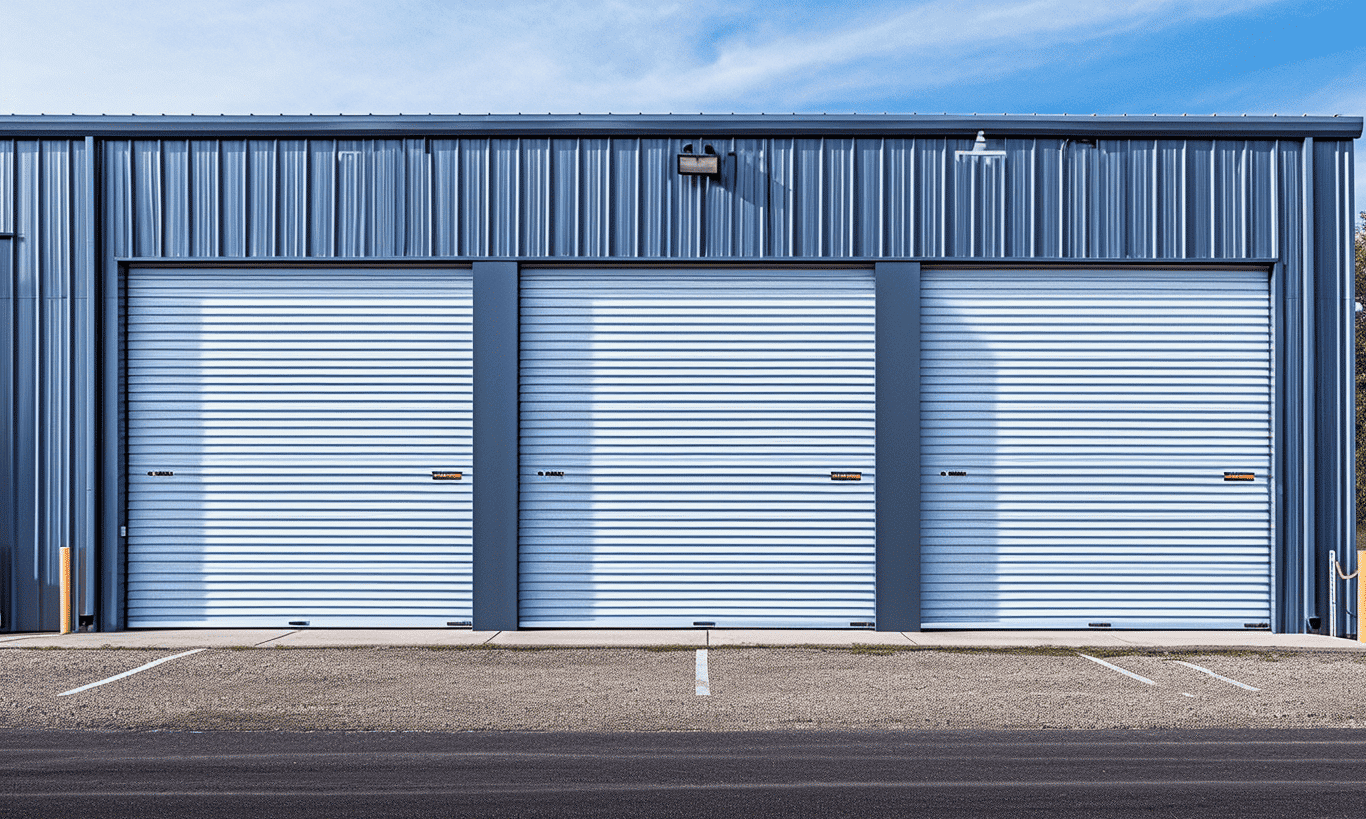B.C. Port Lockout: How is it Impacting Calgary Businesses and the Construction and Real Estate Spheres?
As the labour dispute at B.C. ports continues unresolved, Calgary businesses are already feeling the pinch. This impact is far-reaching and is rippling into the construction and real estate sectors. In this article, we’ll explore how this seemingly distant issue is impacting businesses and developments locally.
The Situation: A Labour Dispute with Dramatic Consequences
A container ship maneuvering around the anchored vessels offers a picturesque scene. However, behind this seemingly tranquil picture, a problem looms on the horizon. The ongoing labour dispute at B.C ports has resulted in a lockout, holding back the flow of goods and commodities. Today, we’re already dealing with the immediate ramifications. But should the dispute extend, the situation could deteriorate, bringing unforeseen challenges for Calgary businesses.
Calgary Businesses Bearing the Brunt
The immediate casualties of this lockout are Calgary businesses. Already under strain from global economic conditions, many businesses are starting to grapple with supply chain disruptions. Delayed shipments of raw materials and other products are causing a ripple effect, slowing down operations, and disrupting business paradigms.
Impact on The Construction Industry
Delving deeper into the effects of the port lockout, let’s examine its bearing on the construction industry. The most glaring issue lies in the supply of critical construction equipment and materials held back at the port. This delay can stall ongoing projects, exacerbate project timelines, and incur extra costs for businesses. Above all, it’s a situation that could dampen the momentum the sector has been gaining post-pandemic.

Rippling Effect on Real Estate Developments
The link between the port lockout and the real estate sector might seem tenuous at first glance, but it becomes evident when delving into the intricacies of the industry. A slowdown in the construction industry typically translates to a slowdown in real estate development. Projects may be delayed, property launches could be postponed, and potential buyers might be forced to reevaluate their decisions.
Adapting to the Changing Landscape
Given these realities, adaptation and reform are crucial. Businesses have to re-assess their logistics strategies, seek alternative sources of materials, and possibly rethink project timelines.

Our team at Your Building Team advocates for innovative solutions such as metal buildings that can stand the test of time and tide over such disruptions. You can also explore more about metal buildings on our website.

Looking Ahead
While Calgary businesses wrestle with these challenges, the hope is for a speedy resolution to the labour dispute. It’s crucial to address the immediate issues at hand and foster stronger ties among all stakeholders across sectors.
In the meantime, it’s vital for businesses in Calgary to look for innovative solutions to mitigate risk and remain resilient. Your Building Team is committed to providing insights, support, and information to help navigate these complex problems.
Over to You
What are your thoughts on the ongoing B.C. port lockout? Have you felt the effects of this in your construction or real estate venture? Share your experiences or ask questions in the comments below. Let’s work and learn together to navigate these challenges.
Source: CBC.ca




